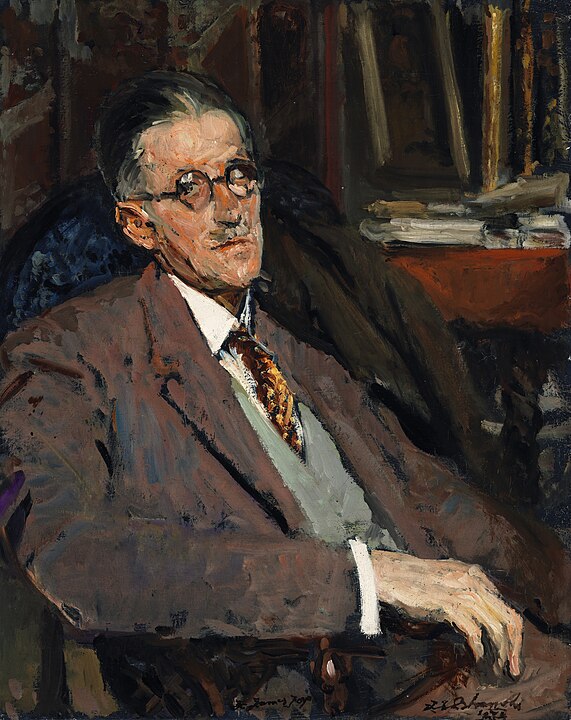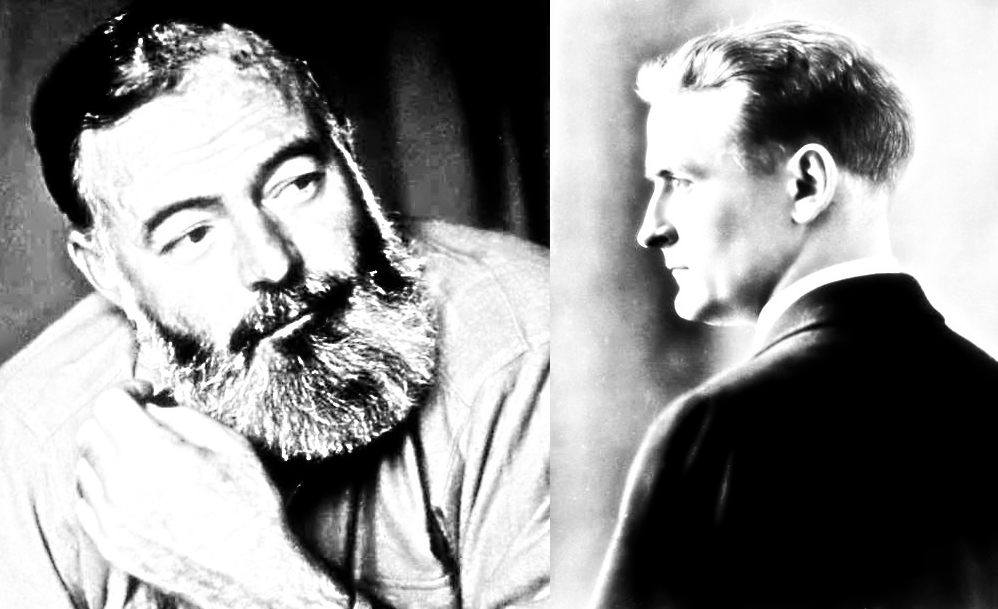Today we are going to continue exploring Greek mythology by learning about the birth of Uranus (son of Gaea), and his own part in creating monsters, both figuratively and literally. So, buckle in because there are some daddy issues, consumption habits, and God knows what else (well, Greek Gods know what else).
The creation of a tyrant
Uranus (also known as Ouranos) was born from Gaea, who some say grew lonely and wanted some company, and so she birthed him on her own. Uranus ruled the sky (or the Heavens), and his siblings ruled the mountains (Ourea) and the sea (Pontus). Uranus was good at his job, too, as it was from Uranus’s lungs that we have the air with breathe (at least according to the old-timey Greeks). He contributed monumentally to the construction of Earth’s livable habitat. Thus, it stands to reasons that Uranus was the all powerful deity of Earth, and its first ruler.
It was not long before Uranus slept with Gaea and began to make children–of which they had many. These included the three Cyclopes, six daughters (Theia, Rhea, Themis, Mnemosyne, Phoebe, and Tethys), and six sons (Oceanus, Coeus, Cius, Hyperion, Iapetus, and Cronus). The latter two-thirds would make up the Titans (Britannica). Moreover, and for future reference, having copious amounts of children was a through line for Greek mythology.
Overthrowing the primordial god
Now remember, we have personified characters here, so both Uranus and Gaea are the Heavens and the Earth and they are making children. However, Uranus didn’t want children for one reason or another so he stashed them away inside of Gaea’s (or Earth’s) body. Uranus’s actions made Gaea bitter, and so she plotted to repeal her husband’s actions by convincing her children to revolt against him. However, all of her children were afraid of Uranus’s power; well, all except for one–Cronus.
After crafting an adamite scythe (or a scimitar in some stories), Gaea gave it to Cronus and told him to hide in wait for his father who would come to lay with her. And, indeed, Uranus was a randy god and came to lay with Gaea. At this point, Cronus emerged from his hiding place in his mother’s womb, and he used the scythe to castrate his father.
Remember, too, as with all stories, Greek mythology has been told differently through the years. For example, another retelling features more than just Cronus getting involved with castrating Uranus, and the details are as follows:
“Four of these (sons) positioned themselves at the corners of the world, ready to grasp their father as he descended to lie with Earth, while the fifth, Kronos (Cronus), took his place in the centre and there castrated Ouranos with an adamantine sickle”
Uranus, meanwhile, either died or fled, but not before the spurt of blood from his wound further impregnated Gaea with the “avenging” Furies, the Giants, and the Meliai; and, “avenging” is right because Uranus’s overthrow creates the beginnings of war that would continue through much of Greek mythology.
Conclusion
Uranus wasn’t a good guy, but he did do a lot to create the world. Though, we can see in our story about Uranus that there is a lot to learn about the world and about ourselves.
Number one, we have a lesson on the creation of our planet and how the air we breathe and the Heavens above came into creation. Number two, we have a lesson about taking care of your children lest you create bitter hatred in your family, which might also be a lesson about caring for those around you.
Lastly, and as we will see in future posts, Uranus’s actions bleed into other characteristics found in his children (Cronus for sure), and the Furies, and the Cyclopes.
Works Cited
“Ouranos.” Theoi, https://www.theoi.com/Protogenos/Ouranos.html. Accessed 17 Dec. 2021.
“Uranus | Myth & Summary.” Encyclopedia Britannica, britannica.com/topic/Uranus-mythology.








Leave a Reply